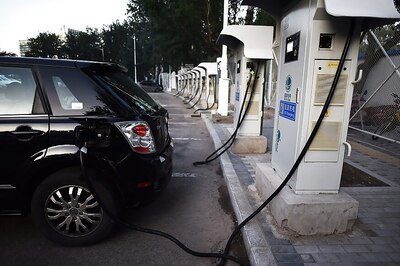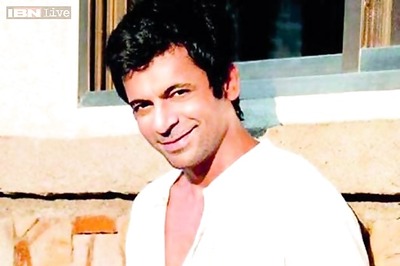
views
window._taboola = window._taboola || [];_taboola.push({mode: 'thumbnails-a', container: 'taboola-below-article-thumbnails', placement: 'Below Article Thumbnails', target_type: 'mix' });Latest News
Sunday saw a little clarity on confusion over the implementation of the bulk SMS ban, as cellphone users found out that the curb was being enforced only on prepaid customers.
With majority of cellphone network providers having prepaid customers, the curb still attracted the ire of users as their daily life was disrupted. “We play football every Sunday and usually co-ordinate through messages on Saturday night. I had to call 25 people and inform them of the schedule personally,” rued Prashant, a city resident.
While there was no clarification issued by the Central government on whether the curb was for five messages a day or five messages in one go, cellphone network providers continued to stick to their interpretation of the rules and restricted each user to a maximum of five messages in a day.
The notification exempted banks and emergency services from the curb, but other businesses that also depend on bulk message were confused.
“For now our bulk messaging is working and the ban has not been applied to us,” said a Just Dial representative. However, the prevailing mood amongst the common man was one of rebellion as people argued against the logic of implementing such a ban.
“While I do agree that national security is an important matter, a blanket ban of five SMS is too harsh. Instead of tracking down senders, they just want to do away with the problem entirely. This is dangerous in a democracy,” Anil Babu, entrepreneur said.
Calling the rule a ‘silly one’, Ralph Fernandez, Marketing Professional said, “Marketing industry banks on mass SMSes because it is easier to spread the message. Calling everyone just to inform them of events does not make sense.”


















Comments
0 comment